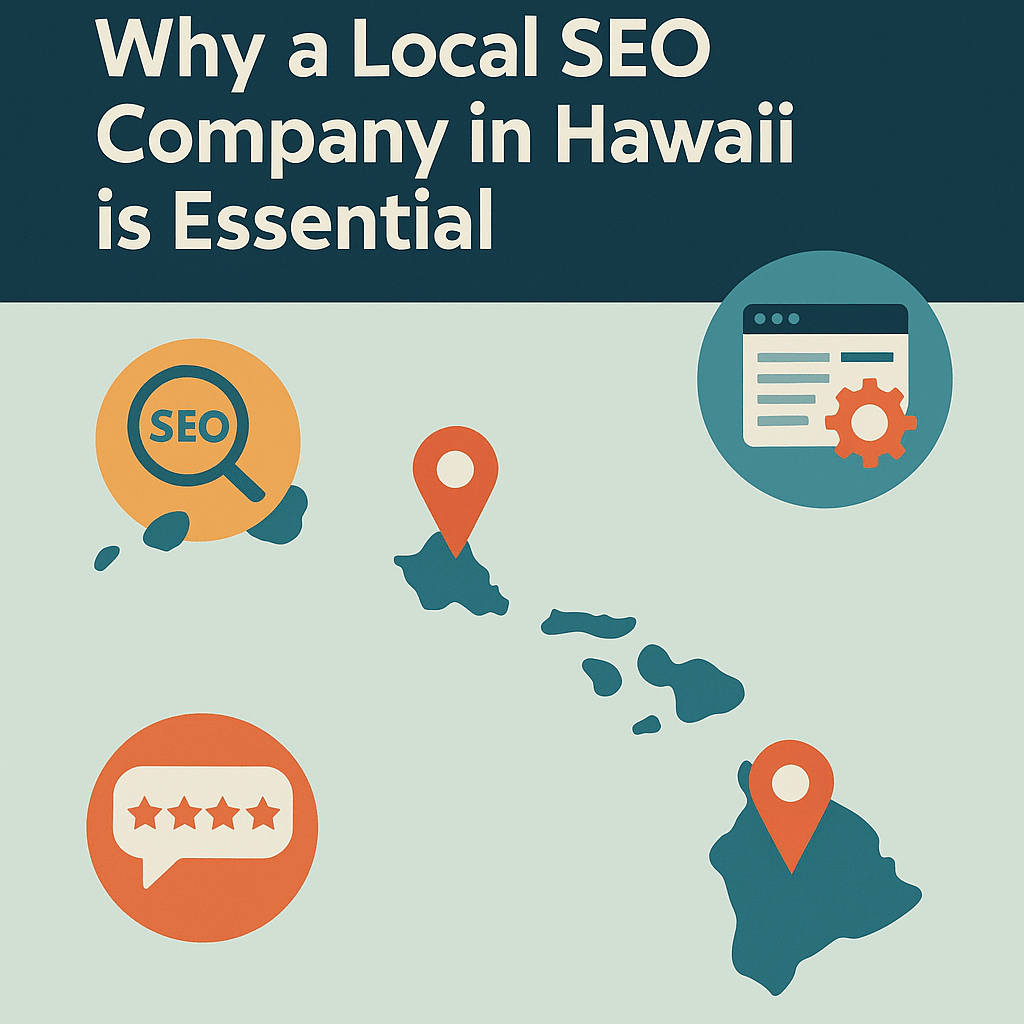In the digital age, mastering building construction requires implementing effective SEO strategies tailored to the construction industry. SEO plays a crucial role in increasing online visibility, attracting more clients, and growing construction businesses. To achieve success, it is essential to understand construction-specific keywords that potential clients use when searching for construction services. On-page optimization, user experience, local SEO, backlink building, engaging content creation, and social media utilization are all key components of an effective SEO strategy for construction companies.
Key Takeaways:
- Identify and target construction-specific keywords to improve online visibility.
- Optimize on-page elements, such as titles, meta descriptions, and headings, to enhance search engine ranking.
- Focus on user experience and website performance, including easy navigation, fast loading times, and mobile-friendly design.
- Utilize local SEO techniques, including claiming Google My Business listings and maintaining consistent NAP information.
- Build quality backlinks from reputable construction industry websites to boost SEO.
Implementing these strategies will help construction companies attract more clients, improve their online presence, and stay ahead in a competitive digital landscape.
Understanding Construction-Specific Keywords
To optimize your construction website, it is crucial to understand and incorporate construction-specific keywords that potential clients often search for. These keywords are vital for improving your website’s search engine ranking and attracting relevant traffic to your construction business. By targeting these construction-specific keywords, you can increase your online visibility and better connect with your target audience.
When it comes to construction-specific keywords, several key terms hold significant relevance. Potential clients may search for keywords such as building construction keywords, construction site management, building materials, construction safety guidelines, sustainable construction practices, building codes and regulations, construction project planning, construction project management, and construction project cost estimation. These keywords encompass various aspects of the construction industry and can help you better target potential clients with your website content.
By incorporating these construction-specific keywords strategically throughout your website, you can optimize your content for search engines and improve your chances of appearing in relevant search results. For example, including keywords like “construction safety guidelines” in your blog posts, service descriptions, and landing pages can attract users searching for these specific topics. It is essential to conduct thorough keyword research and select the most relevant and high-value keywords to effectively optimize your construction website.
Understanding the Relevance of Construction-Specific Keywords
Each construction-specific keyword holds unique significance in the context of your website’s content and the services you offer. Let’s take a closer look at some of these keywords and their relevance:
| Keyword | Relevance |
|---|---|
| Building Materials | Highlighting the types of construction materials you work with can attract potential clients seeking specific material expertise. |
| Construction Safety Guidelines | Emphasizing your commitment to safety and providing information on safety protocols can build trust with potential clients. |
| Sustainable Construction Practices | Appealing to clients interested in environmentally friendly construction methods by showcasing your sustainable practices and certifications. |
| Construction Project Management | Highlighting your expertise in managing construction projects, including scheduling, budgeting, and coordination, can attract clients looking for comprehensive project management services. |
Understanding the relevance of these construction-specific keywords allows you to create content that engages potential clients and effectively showcases your expertise in the construction industry. By incorporating these keywords in your website’s content, you can enhance your SEO efforts and improve your visibility among your target audience.
Optimizing On-Page Elements for SEO
Enhancing on-page elements is key to improving the search engine visibility of your construction website. By optimizing titles, meta descriptions, headings, and other elements, you can increase your website’s chances of ranking higher in search engine results pages (SERPs).
One crucial on-page element to optimize is the meta description. This is the brief summary that appears below the title tag in SERPs. It should accurately describe your page’s content while incorporating relevant keywords. An enticing and informative meta description can attract more clicks and improve your website’s click-through rate (CTR).
Headings also play a vital role in on-page optimization. Properly structuring your content with headings (H1, H2, H3, etc.) not only helps search engines understand the context and hierarchy of your information but also makes it easier for users to scan and navigate your website. Aim to include relevant keywords in your headings to further signal to search engines what your page is about.
In addition to meta descriptions and headings, other on-page elements to optimize include URLs, image alt text, and internal linking structure. Creating descriptive and keyword-rich URLs helps search engines and users better understand your page’s content. Optimizing image alt text allows search engines to index and rank your images, providing additional opportunities for visibility. Lastly, a well-structured internal linking strategy can help search engines crawl and index your website more effectively.
Summary:
To enhance the on-page elements of your construction website and improve search engine ranking, remember to:
- Write compelling and keyword-rich meta descriptions
- Structure your content with relevant headings
- Create descriptive URLs
- Optimize image alt text
- Implement a strategic internal linking strategy
By paying attention to these on-page elements and incorporating effective SEO strategies, you can increase your website’s visibility, attract more qualified traffic, and ultimately grow your construction business online.
Table: On-Page Optimization Checklist
| On-Page Element | Optimization Tips |
|---|---|
| Meta Descriptions | Include relevant keywords, write compelling summaries, and keep it within the recommended character limit. |
| Headings | Use relevant keywords, structure content with appropriate heading tags (H1, H2, etc.), and maintain a logical hierarchy. |
| URLs | Create descriptive and keyword-rich URLs, avoid lengthy and complex strings, and use hyphens to separate words. |
| Image Alt Text | Provide descriptive alt text for images, including relevant keywords when appropriate. |
| Internal Linking | Implement a strategic internal linking structure to connect related pages and improve crawlability. |
Leveraging Local SEO for Construction Companies
Strengthening your local presence is vital for construction companies targeting specific regions or cities. By implementing effective local SEO strategies, you can increase your visibility in local search results, attract more targeted traffic, and ultimately drive more conversions for your business. One of the key steps in optimizing your local online presence is claiming and optimizing your Google My Business listing.
Google My Business (GMB) is a powerful tool that allows you to manage your business information and appearance on Google Maps and Google Search. By claiming your GMB listing, you can ensure that accurate and up-to-date information about your construction company is displayed to potential customers when they search for construction services in your area. Make sure to provide consistent and accurate NAP (Name, Address, Phone) details across all platforms and directories to enhance your local SEO efforts.
Customer reviews play a significant role in local SEO as well. Encouraging satisfied clients to leave positive reviews on platforms like Google, Yelp, or Facebook can boost your credibility and improve your rankings in local search results. It’s essential to engage with your customers, respond to their reviews, and address any concerns or issues promptly. This demonstrates your dedication to customer satisfaction and helps build trust within your local community.
| Benefits of Local SEO for Construction Companies | Actions to Take |
|---|---|
| Increased visibility in local search results | Claim and optimize your Google My Business listing |
| Targeted traffic and higher conversion rates | Ensure consistent NAP information across platforms |
| Enhanced credibility and trust | Encourage customer reviews and respond promptly |
By focusing on local SEO, your construction company can position itself as a top choice for customers in your target area. Remember to regularly track and analyze your local SEO performance using analytics tools to measure the effectiveness of your strategies. Continuously optimizing and refining your local SEO efforts will ensure that you stay ahead of the competition and attract valuable leads within your local market.
Building Backlinks and Creating Engaging Content
Building quality backlinks and creating engaging content are essential strategies for improving SEO in the construction industry. Backlinks play a crucial role in determining the credibility and authority of a website, ultimately enhancing its search engine ranking. By acquiring backlinks from reputable construction industry websites, construction companies can establish themselves as industry leaders and increase their online visibility.
When building backlinks, it is important to focus on quality rather than quantity. Seek out websites with high domain authority and relevance to the construction industry. These backlinks should be natural and earned through valuable content, such as insightful articles, case studies, and how-to guides.
In addition to backlinks, creating engaging content is crucial for attracting visitors and improving SEO. Construction companies can share their expertise and showcase their projects through informative and visually appealing content. This includes blog posts, videos, infographics, and images. By providing valuable information and addressing the needs of their target audience, construction companies can establish themselves as trusted sources of information and increase website traffic.
Table: Benefits of Building Backlinks and Creating Engaging Content
| Benefits | Explanation |
|---|---|
| Improved search engine ranking | Backlinks and engaging content signal to search engines that a website is reputable, relevant, and authoritative, resulting in higher search engine rankings. |
| Increased online visibility | Backlinks from reputable websites and engaging content attract more visitors to a construction company’s website, increasing its online visibility and brand awareness. |
| Establishment of industry authority | By providing valuable content and earning backlinks from respected industry websites, construction companies can establish themselves as industry leaders and experts. |
| Higher website traffic | Engaging content attracts visitors and encourages them to explore a construction company’s website, resulting in increased website traffic. |
In conclusion, building quality backlinks and creating engaging content are essential strategies for improving SEO in the construction industry. Backlinks help establish credibility and authority, while engaging content attracts visitors and enhances online visibility. By implementing these strategies, construction companies can boost their search engine ranking, establish themselves as industry leaders, and attract more clients in the digital age.
Conclusion
In conclusion, mastering building construction requires implementing effective SEO strategies tailored to the construction industry. SEO plays a crucial role in increasing online visibility, attracting more clients, and growing businesses in this digital age. By understanding construction-specific keywords, construction companies can optimize their websites to align with the search terms potential clients are likely to use.
On-page optimization is essential for improving search engine ranking and user experience. Titles, meta descriptions, headings, and other elements should be optimized to enhance visibility. Additionally, user experience can be enhanced through easy navigation, fast loading times, and a mobile-friendly design.
Local SEO is a key aspect for construction companies targeting specific geographic areas. By claiming Google My Business listings, maintaining consistent NAP information, and encouraging customer reviews, construction companies can improve their local search presence and attract more local clients.
Building quality backlinks from reputable construction industry websites can significantly boost SEO. Creating engaging and informative content related to construction, such as insights, case studies, and how-to guides, not only attracts visitors but also improves SEO. Social media platforms can be utilized to engage with the audience, share valuable content, and enhance online visibility.
Tracking and analyzing SEO performance using analytics tools is crucial for making informed decisions and continuously improving SEO strategies. By monitoring the impact of SEO efforts, construction companies can refine their approach and stay ahead of the competition.
Overall, SEO is a multifaceted strategy that plays a critical role in the success of construction businesses. By implementing effective SEO strategies, construction companies can position themselves as industry leaders, attract more clients, and achieve long-term growth.
FAQ
What is the importance of SEO for construction companies?
SEO is crucial for construction companies as it helps increase online visibility, attract more clients, and grow their business.
How can construction companies identify construction-specific keywords?
Construction companies can identify construction-specific keywords by understanding the terms potential clients are likely to use when searching for construction services.
What is on-page optimization in SEO?
On-page optimization involves optimizing titles, meta descriptions, headings, and other elements of the website to improve search engine ranking.
Why is user experience important for construction websites?
User experience is important for construction websites as it enhances website performance by ensuring easy navigation, fast loading times, and mobile-friendly design.
What is the significance of local SEO for construction companies?
Local SEO is important for construction companies targeting specific geographic areas as it involves claiming Google My Business listings, maintaining consistent NAP across platforms, and encouraging customer reviews.
How can backlinks and content creation improve SEO for construction companies?
Building quality backlinks from reputable construction industry websites and creating engaging content related to construction can significantly boost SEO for construction companies.
How can social media platforms be utilized to enhance online visibility for construction companies?
Social media platforms can be utilized by construction companies to engage with the audience, share valuable content, and enhance online visibility.
Why is tracking and analyzing SEO performance important for construction companies?
Tracking and analyzing SEO performance using analytics tools is essential for construction companies to make informed decisions and continuously improve their SEO strategy.



